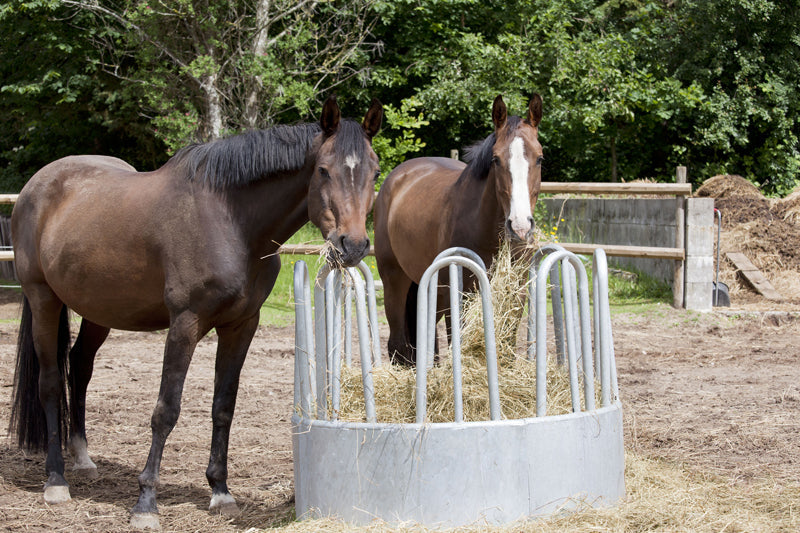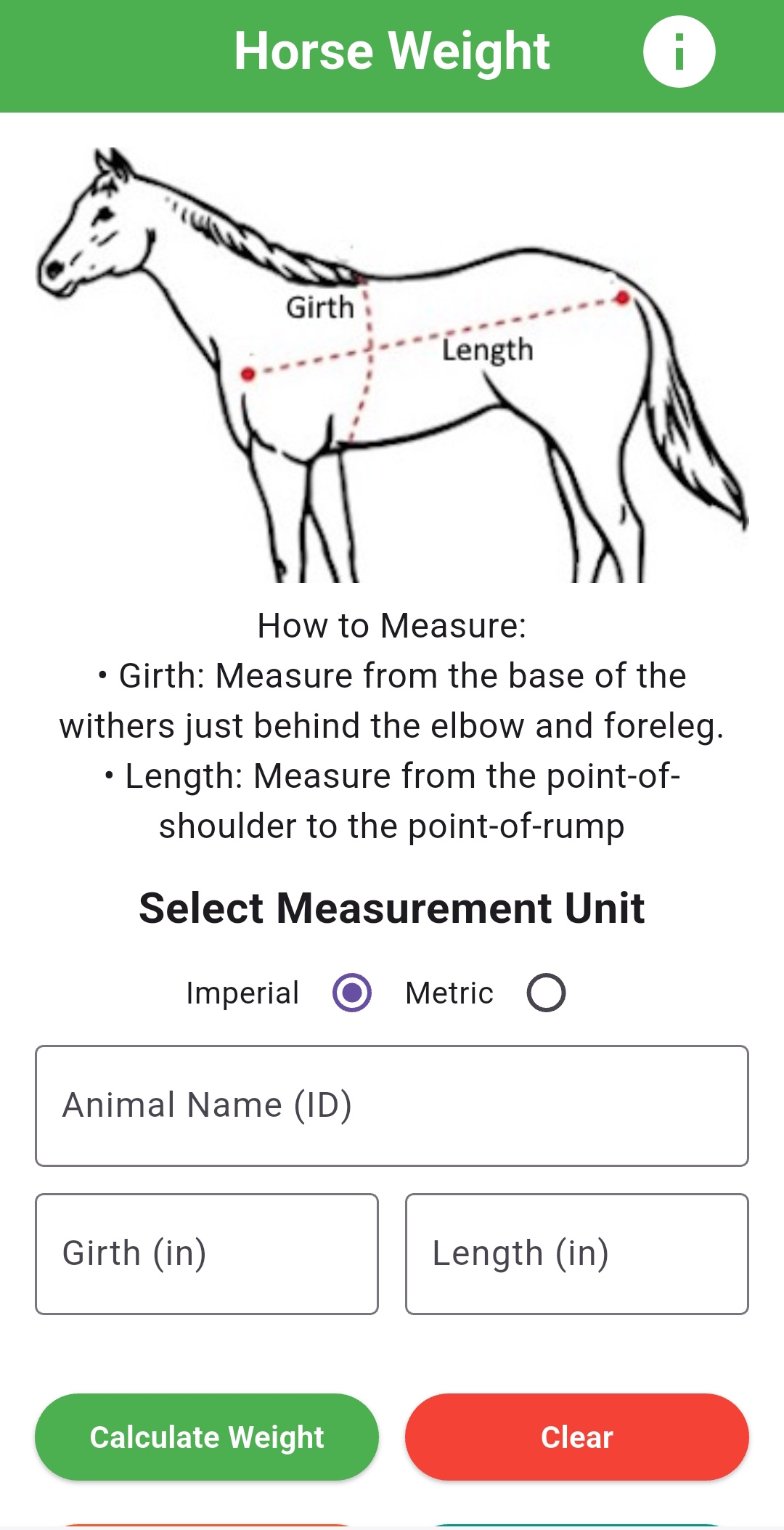Managing Horse Weight: Too Thin or Too Fat

Maintaining an optimal weight for your horse is crucial for its health, performance, and longevity. Both underweight and overweight conditions can lead to serious health issues. This article explores how to identify, manage, and prevent weight problems in horses.
Understanding Horse Weight

Horse weight is not just about appearance; it reflects the animal’s overall health. Weight issues can affect mobility, metabolism, and susceptibility to diseases.
Ideal Weight Range
- Varies by breed, age, and activity level
- Assessed using Body Condition Scoring (BCS) systems
Body Condition Scoring (BCS)
- A visual and tactile method to evaluate fat cover
- Scale typically ranges from 1 (emaciated) to 9 (obese)
- Scores 4-6 generally indicate a healthy weight
| BCS Score | Description | Health Implications |
|---|---|---|
| 1-3 | Too Thin | Risk of malnutrition, weakness |
| 4-6 | Ideal | Optimal health and performance |
| 7-9 | Overweight/Obese | Risk of laminitis, metabolic issues |
Causes of Weight Issues
Causes of Being Too Thin
- Poor nutrition or inadequate feed
- Dental problems affecting eating
- Parasite infestations
- Chronic illness or stress
Causes of Being Too Fat
- Overfeeding, especially high-calorie feeds
- Lack of exercise
- Metabolic disorders like Equine Metabolic Syndrome (EMS)
- Genetic predisposition
Managing Underweight Horses
Nutritional Strategies
- Provide high-quality forage and concentrate feeds
- Use supplements to address deficiencies
- Feed smaller, more frequent meals
Health Interventions
- Regular dental check-ups
- Deworming protocols
- Veterinary evaluation for underlying diseases
Monitoring Progress
- Weekly weight checks
- Adjust feeding plans based on response
Managing Overweight Horses
Dietary Adjustments
- Reduce calorie intake by limiting grain and high-sugar feeds
- Increase forage quality but control quantity
- Avoid free-choice feeding
Exercise Plans
- Implement regular, moderate exercise routines
- Tailor activity to horse’s fitness level
Medical Considerations
- Screen for metabolic disorders
- Consult vet for weight loss programs
Preventing Weight Problems
- Maintain consistent feeding schedules
- Regularly assess body condition
- Provide balanced nutrition tailored to horse’s needs
- Encourage daily exercise
Frequently Asked Questions (FAQ)
Q1: How often should I check my horse’s weight?
A: Ideally, weekly or biweekly to monitor trends and adjust care.
Q2: Can I use a weight tape to measure my horse’s weight?
A: Yes, weight tapes provide a good estimate but are less accurate than scales.
Q3: What are signs my horse is too thin or too fat?
A: Visible ribs, spine, and hip bones indicate thinness; difficulty feeling ribs and fat deposits suggest overweight.
Q4: When should I consult a veterinarian about my horse’s weight?
A: If you notice rapid weight changes, poor coat condition, or behavioral changes.
Maintaining your horse’s weight within a healthy range is essential for its well-being. By understanding the causes and management strategies for both underweight and overweight horses, you can ensure your equine companion stays healthy and happy.
